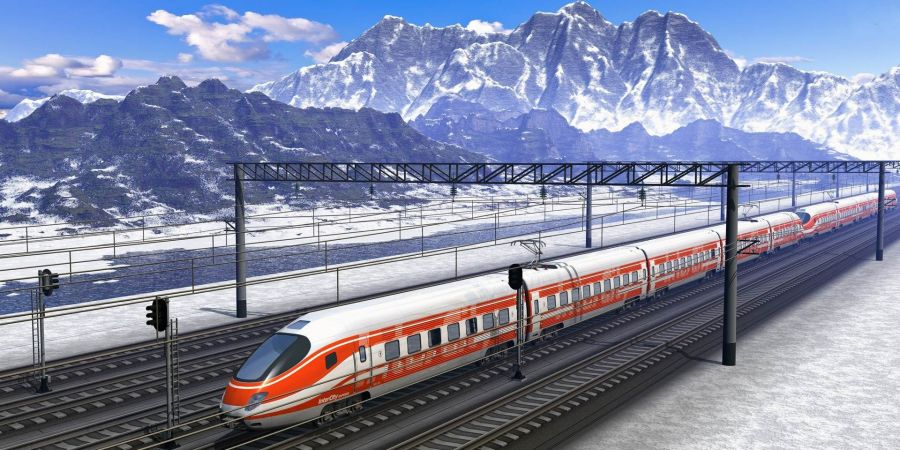

Hey, my dear bloggers welcome back to a new blog of mine in this blog I hope you all are doing good and in this blog, I am going to talk about the bullet train which is also known as the fastest train in the world this high-speed train was launched in 1964 in Japan. A Japanese inventor Hideo Shima was credited for this invention which can run at speed of 320 Km per hour which means it can cover the distance between Chandigarh to Delhi within less than an hour sounds like a dream but it is true just think how big a revolution it can bring if it comes to India looks like a dream it is faster than even an Aeroplane only Japanese can do a such a miracle which could not only save our time but also will prove a blessing for our environment which are getting polluted day by day with technological advancement with time the concept of the bullet train is spreading the other parts of the globe like Germany where it runs at an unbelievable speed of 550 km per hour where it covers major German cities like Berlin where passengers got special features like wifi and this concept was introduced in the year 1991 but this dream has a long struggle behind it was the year 1964 just before the Tokyo Olympics can give a whole Tokyo city in just 40 minutes or so as the time progress the bullet train also introduce such as 100, 300,500 and 700 which took the advancement to the next level. Basically, the motive behind introducing such trains was to experience people that help them reach people to their destination in no time but this government requires a proper system but this could only be possible with a combination of great financial and technical resources well there is a saying in an English “the good things are always expensive” if we are seeing the dream of the magical journey of the bullet we have to be patients it might take 20 or 30 years or even more if we see the history changes do not come overnight there will be a small backdrop of this journey is not going cheep it will put weight on common man’s pocket but only time will tell. Ok that; ‘s all from this blog see you all in the next blog
BYE BYE




